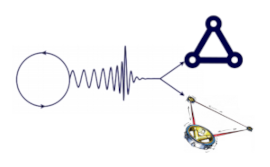The 2020 nobel prize in physics was awarded one half to R. Genzel and A. Ghez "for the discovery of a supermassive compact object at the center of our galaxy," and the other half to R. Penrose, for demonstrating that "black holes are a robust prediction of general relativity". In combination, this recognition strongly suggests that a black hole sits at the center of our galaxy, and possibly all galaxies! However, there isn't yet conclusive evidence that these supermassive objects — up to billions of solar masses — are indeed the black holes predicted by Einstein’s theory of gravity. On the other hand, similar compact objects (although of a few to hundredths of solar masses) have been observed in binary systems via the direct detection of gravitational waves by the LIGO/VIRGO collaboration, awarded the nobel prize in 2017. Even though astrophysicists widely believe these are all the same type of compact objects (of different sizes), the jury on the ultimately nature of these unique astrophysical bodies is still out. Are they described by general relativity? Do they carry "hair", perhaps in the form of (ultralight) dark matter particles? Yet, in order to answer these questions, as well as shedding light on their formation channels and cosmological evolution, high-precision waveform models for present and future detectors — such as LISA and the Einstein Telescope — will be needed. For instance, tidal effects play an important role to discern between different models for the equation of state of neutron stars. Finite-size effects in binary coalescenes can also probe the properties of black holes in general relativity, as well as search for physics beyond the standard model, like Gravitational Colliders. However, their minute contributions in the waveforms may be swamped by our lack of analytic understanding of the general relativistic dynamics when tidal contributions are manifest, thus hindering the discovery potential in gravitational wave astronomy.
In a parallel theoretical development, in recent years it has become apparent that the combination of different techniques, notably from particle physics, plays a key role in modelling binary compact objects in general relativity. The Gravitational Wave Astrophysics Theory (GWAT) group at DESY, partially funded by the ERC consolidator grant "Precision Gravity: From the LHC to LISA", is developing further the effective field theory approach to gravitational dynamics — using novel tools from high energy physics and the theory of scattering amplitudes to tackle the two-body problem in gravity — and is currently at the forefront of research in high-accuracy computations relevant for gravitational wave science. In close collaboration with other theory groups at DESY in Hamburg and Zeuthen (e.g. string theory, cosmology, particle and astroparticle physics), the GWAT group is leading the path forward in theoretical gravitational wave physics in the advent of a new era of explorations of the universe.
Group Members
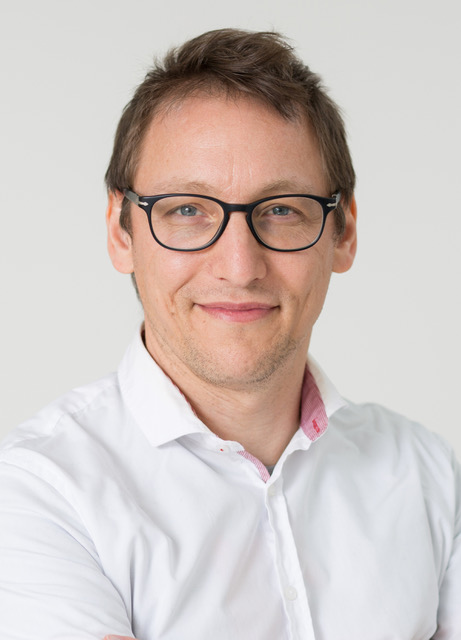
Rafael A.
Porto
Head of GWAT and
LHCtoLISA
|
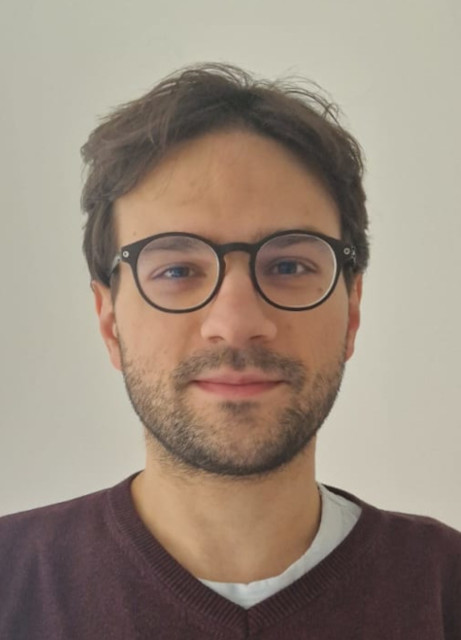
Mateja
Bošković
Postdoc (ERC & QU funding)
|
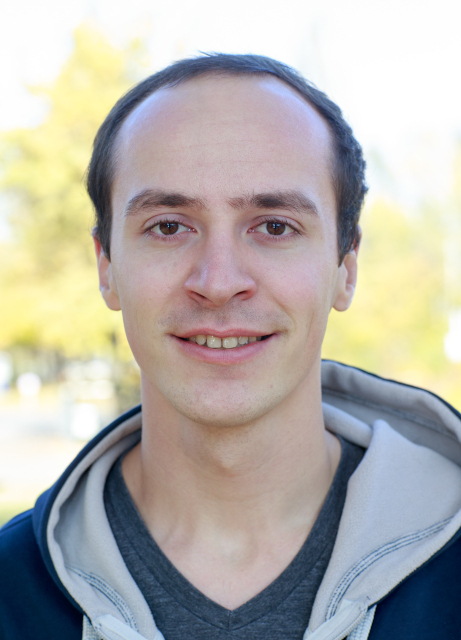
Christoph
Dlapa
Postdoc (DESY & ERC funding)
|
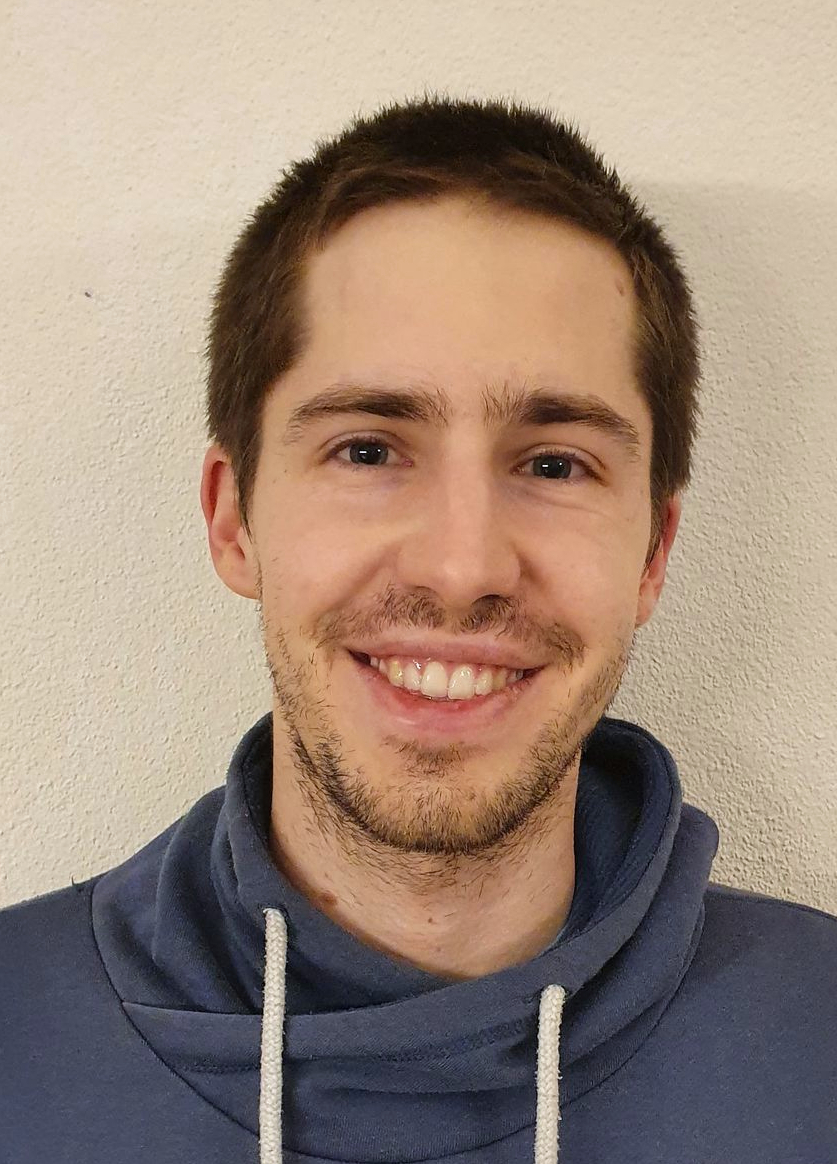
Gregor
Kälin
Postdoc (ERC funding)
|

Matthias
Koschnitzke
PhD student (QU-cluster funding)
|
|
Loris
Amalberti
PhD Student (MMA-school funding)
|
Former group members
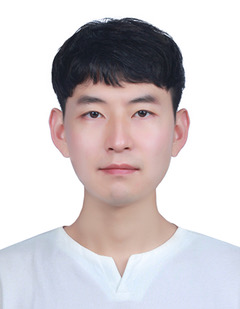
Gihyuk
Cho
Postdoc (ERC funding)
|
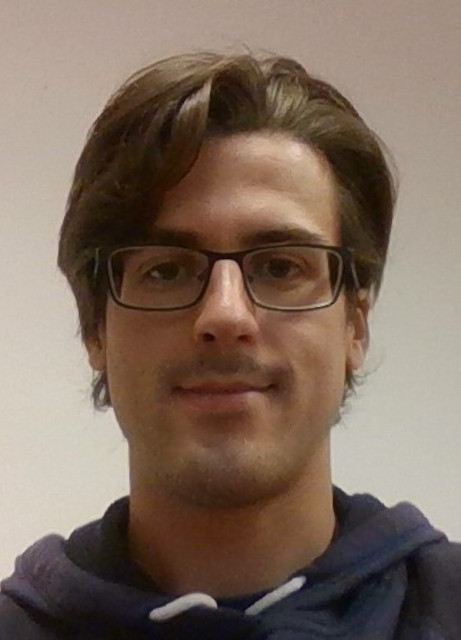
François
Larrouturou
Postdoc (ERC funding)
|
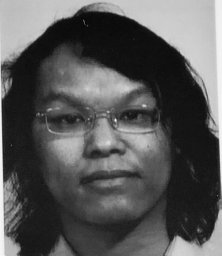
Zhengwen
Liu
Postdoc (DESY funding)
|
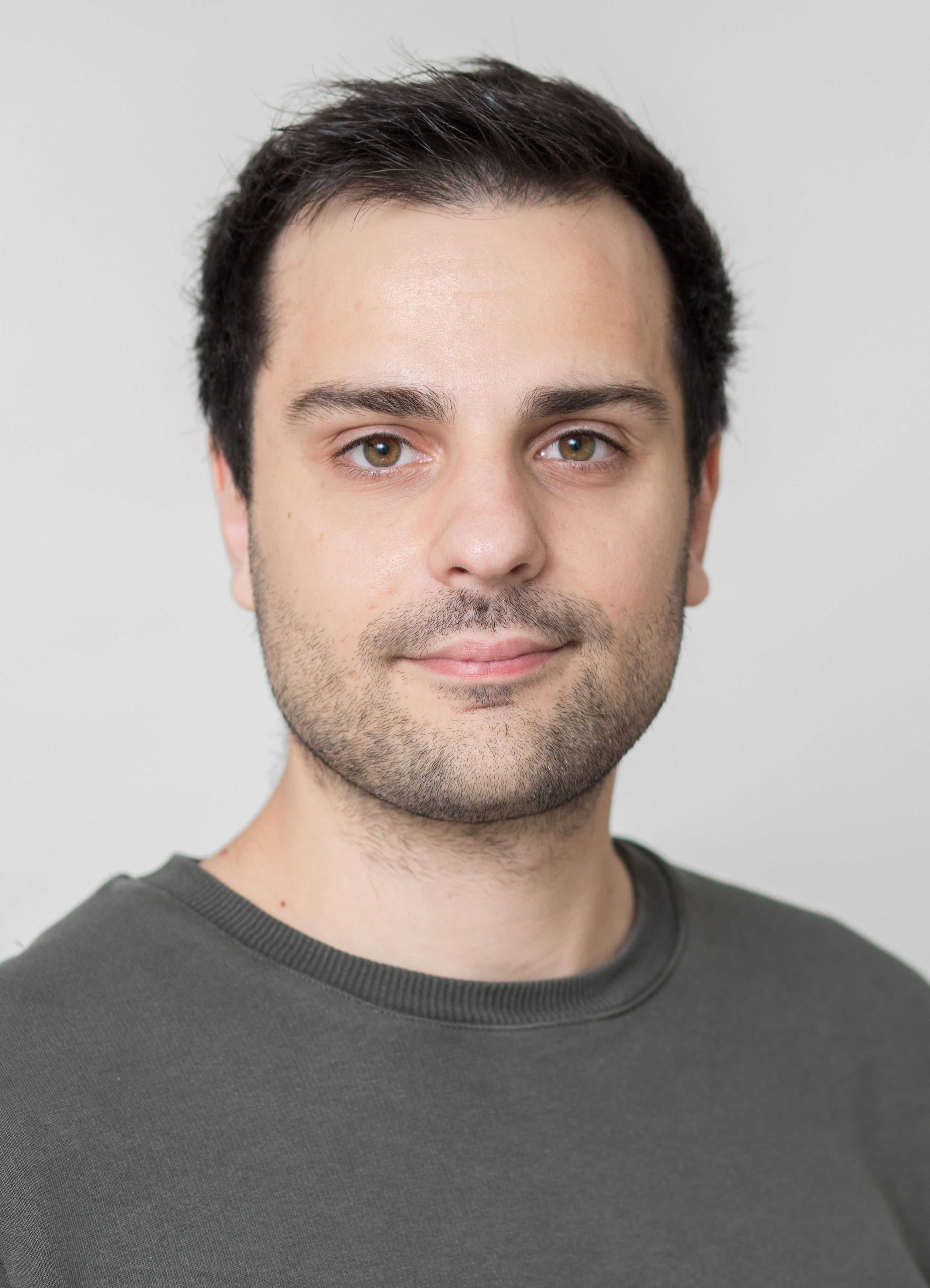
Massimiliano
Riva
Postdoc (QU & ERC funding)
|
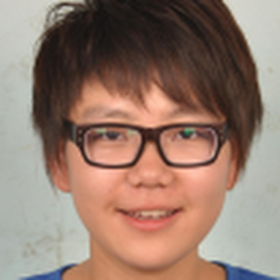
Zixin
Yang
Postdoc (ERC funding)
|




